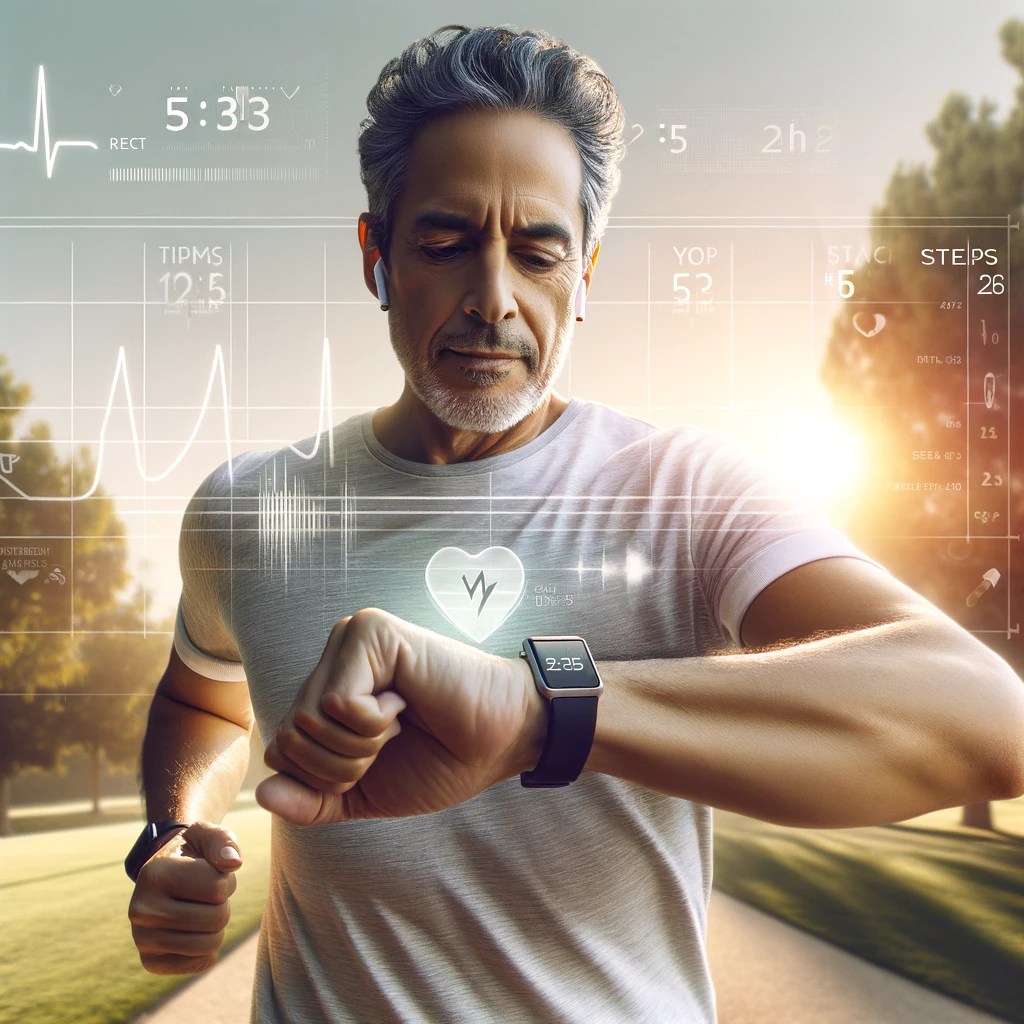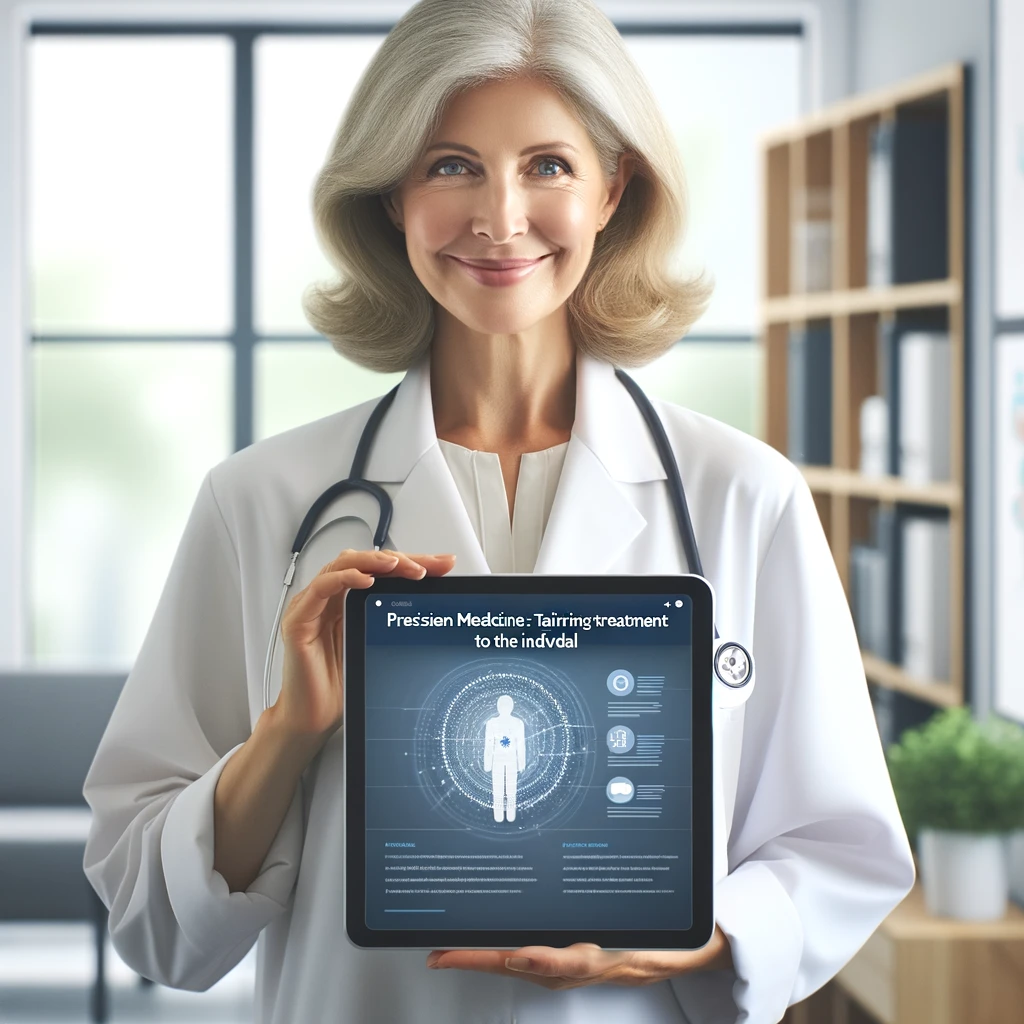Wearable health technology, often referred to as "wearables," has become a powerful tool for individuals to monitor their vital signs and overall well-being. These devices, ranging from smartwatches to fitness trackers, have evolved beyond simple step counters to offer comprehensive health insights, empowering users to take control of their health in ways previously unimaginable.
Convenient Monitoring
One of the key advantages of wearable health tech is the convenience it offers. Users can wear these devices on their wrists or clothing, making continuous monitoring effortless. Whether you're tracking your daily steps, monitoring your heart rate, or even assessing your sleep patterns, wearables provide real-time data that can be easily accessed through smartphone apps or synced with other devices.
Comprehensive Health Insights
Modern wearables are equipped with an array of sensors that can track various health metrics. These include heart rate, blood pressure, sleep quality, activity levels, and even oxygen saturation levels. This wealth of data allows users to gain a holistic view of their health, identify trends, and make informed decisions about their lifestyle and wellness.
Early Detection and Health Maintenance
Wearable health tech has the potential to detect health issues early on. For example, irregular heart rate patterns can be indicative of arrhythmias or other cardiac conditions. Sleep tracking can uncover potential sleep disorders. By catching these issues in their early stages, users can seek timely medical attention and make necessary lifestyle adjustments.
Fitness and Wellness
Many wearables are designed with fitness and wellness in mind. They can track workouts, count calories burned, and provide personalized fitness recommendations. Users can set goals, monitor their progress, and stay motivated on their fitness journeys.
Challenges and Considerations
While wearable health technology offers numerous benefits, it's essential to consider privacy and data security. Users should be cautious about the information they share and with whom. Additionally, wearables are most effective when users actively engage with the data and use it to make positive changes in their lives.
Conclusion
Wearable health technology has shifted the paradigm of personal health management. It provides real-time, comprehensive health insights and encourages individuals to take an active role in their well-being. As these health technology devices continue to evolve, they are likely to play an increasingly vital role in preventive healthcare and health maintenance.






